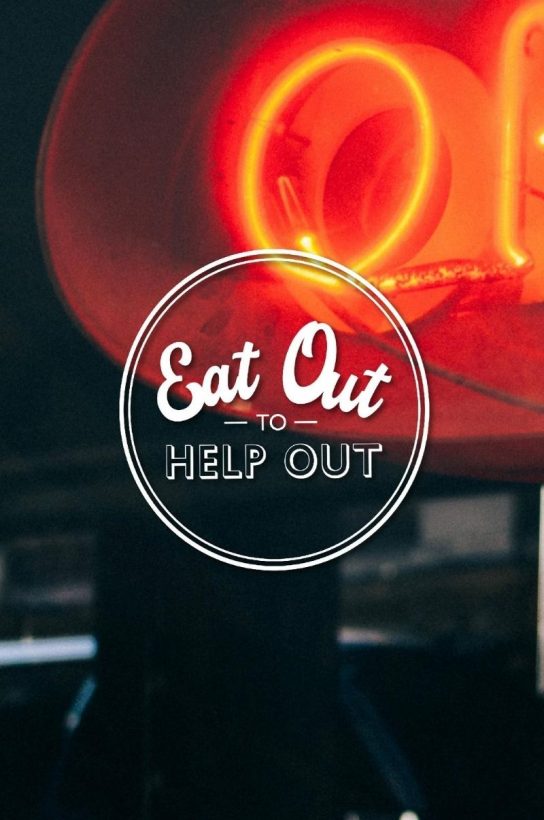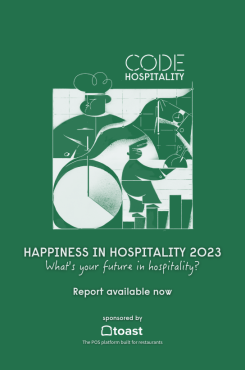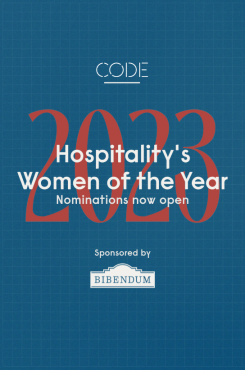CODE founder Adam Hyman looks at the Eat Out to Help Out scheme a week after it launched and what restaurants mean to London
The Eat Out to Help Out Scheme has been used 10.5 million times by diners in its first week according to data released by the Government today. A BBC article reports that the average claim is £5, meaning the scheme so far has cost the government £50m. Chicken feed to quote a well-known politician, when you look at what the Eat Out to Help Out Scheme actually means for our industry.
Hospitality was one of the worst casualties from this pesky virus that doesn’t seem to be going away. Overnight our businesses had to close and revenue disappeared. We’ve still got a long way to go especially with the looming September rent quarter date, what business will look like for the rest of year and the impending VAT payments early next year.
Rishi Sunak’s scheme to get people out to dine has not only shown that the government now realises how important hospitality is to the economy – both in terms of revenue generated, thus taxes and the number of people employed – but it has put a much needed spotlight on our industry – in both a good and bad way.
It has highlighted that our business is a fickle one. Perhaps we need to re-evaluate the textbook restaurant business model going forward – is it really now sustainable in this post-COVID world? Was it ever really sustainable? The chapter on the landlord and restaurant tenant relationship is ready to be rewritten. The job retention scheme overlooked the tronc when it came to furlough pay, again highlighting something that has long been an issue in our industry – how people are paid. These issues all need to be addressed.
But what it has also highlighted is how important hospitality is to our social fabric as a city, and as a society. Restaurants do so much more than feed people – they bring people together, they’re a stage for people to act out their own life stories. A city without our diverse melting pot of restaurants would be like a shepherd with no flock of sheep. From the independent café at the end of the road, to the natural wine bar in an upcoming neighbourhood, to a grand brasserie in the West End to the pomp and ceremony of a 3-Michelin star restaurant in a 5-star hotel – we need these places to exist and survive. This is why we live in cities. Eat Out to Help Out needs to be a mindset for our citizens well beyond the month of August.
For more industry insights, subscribe to the CODE Quarterly magazine here



